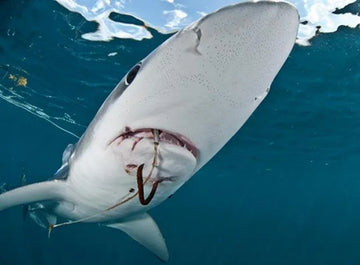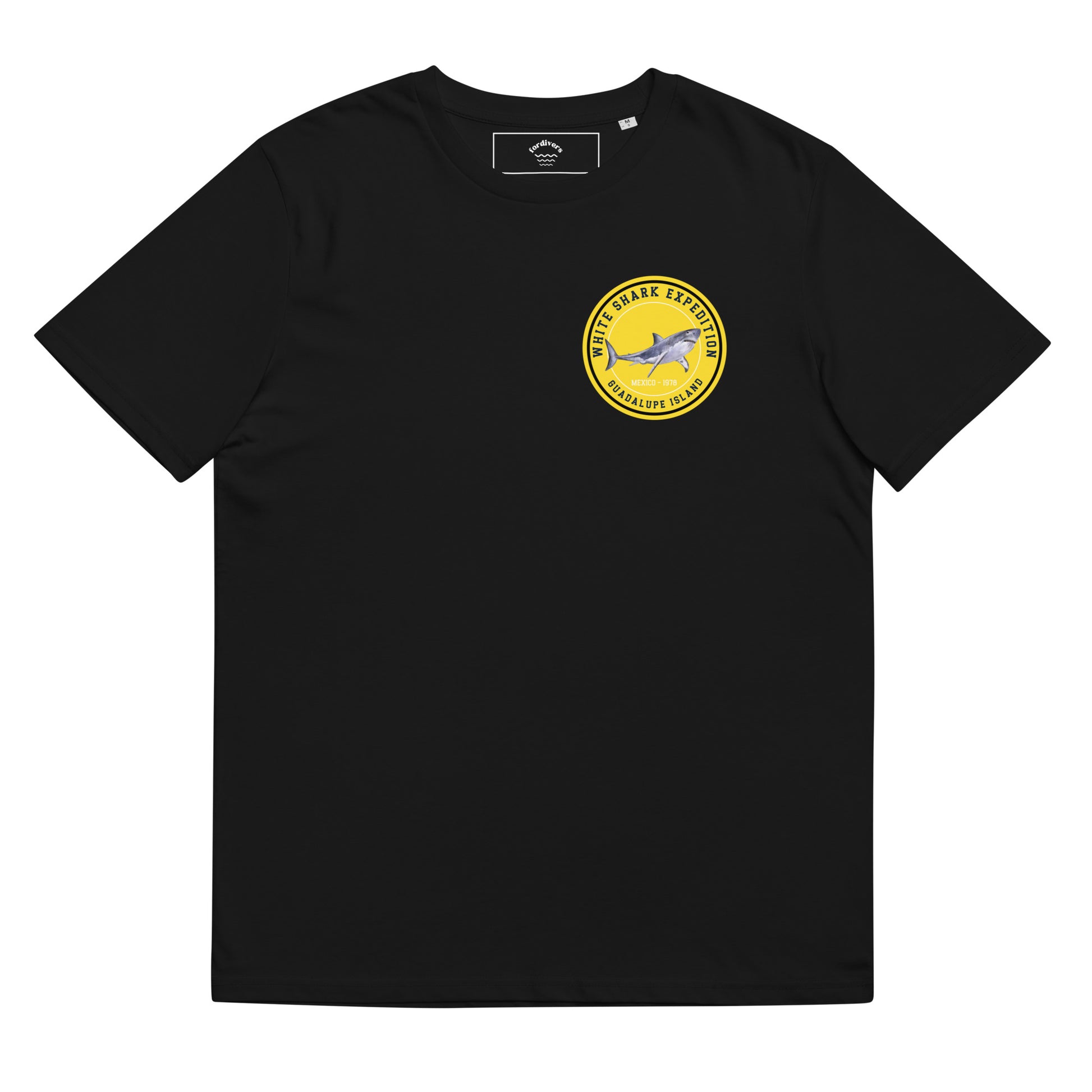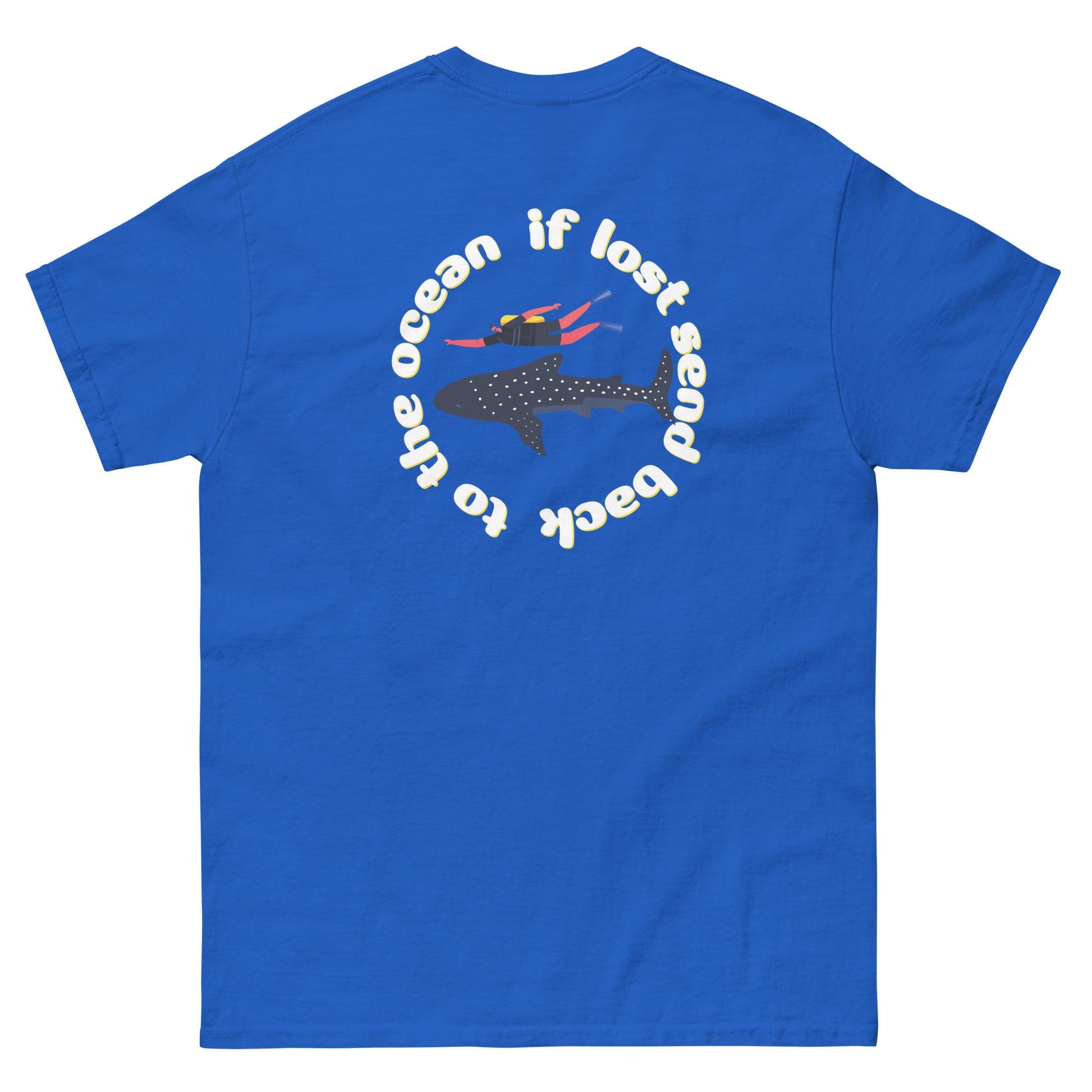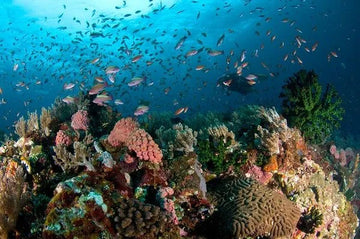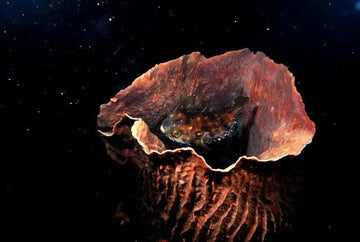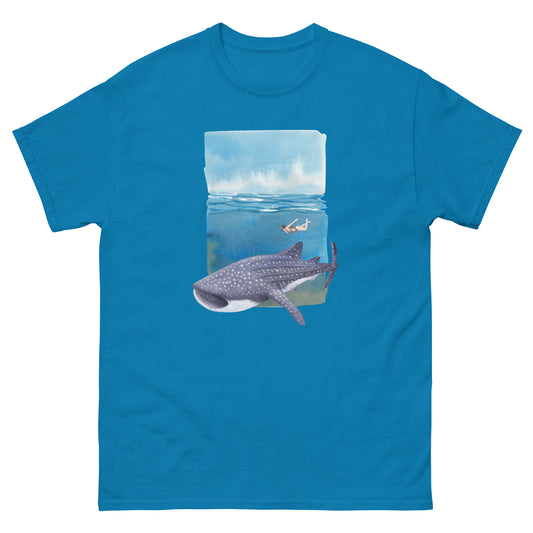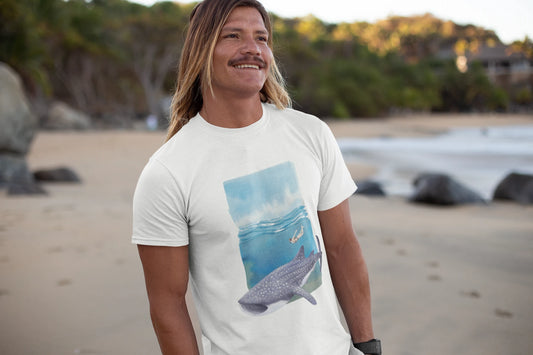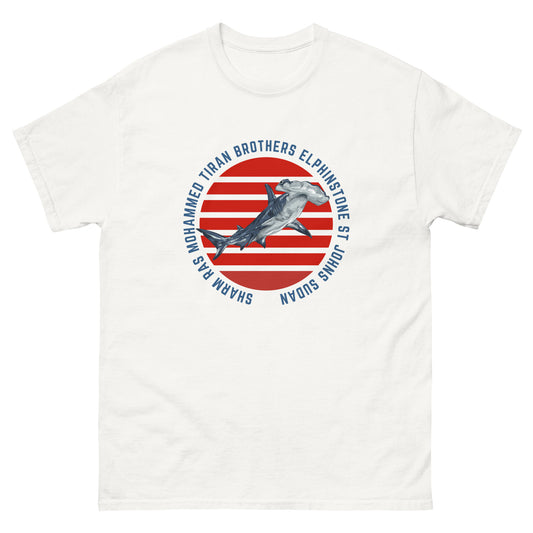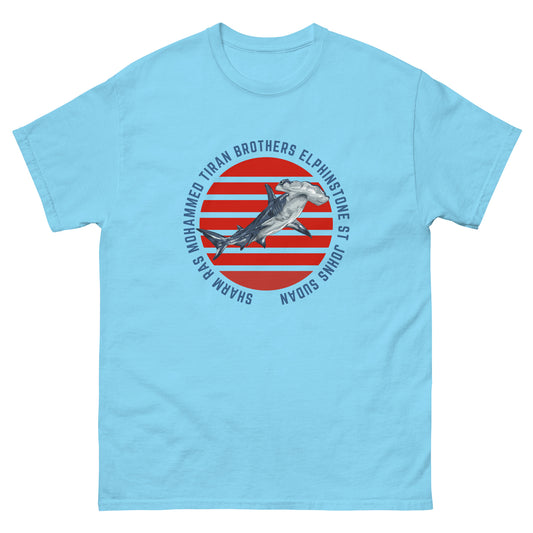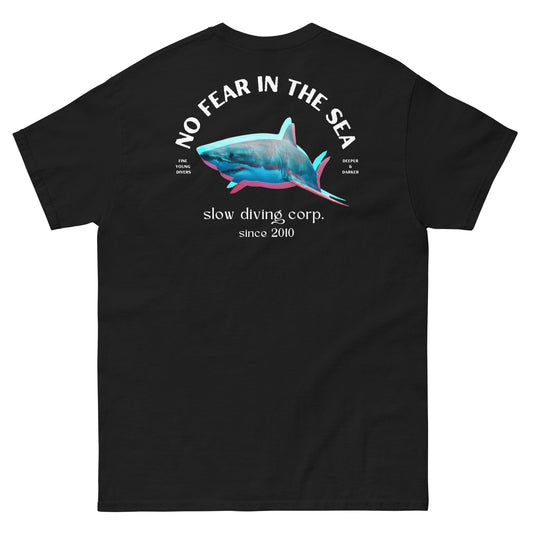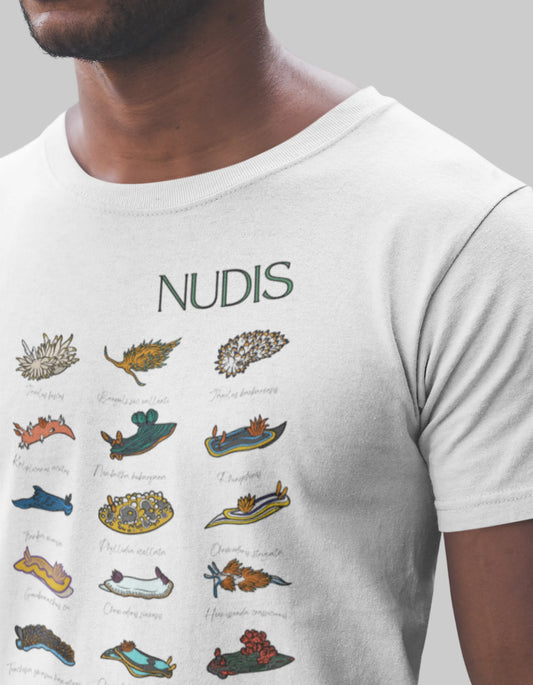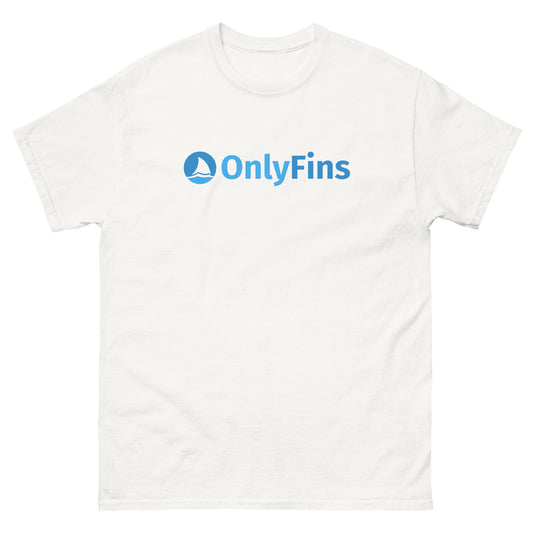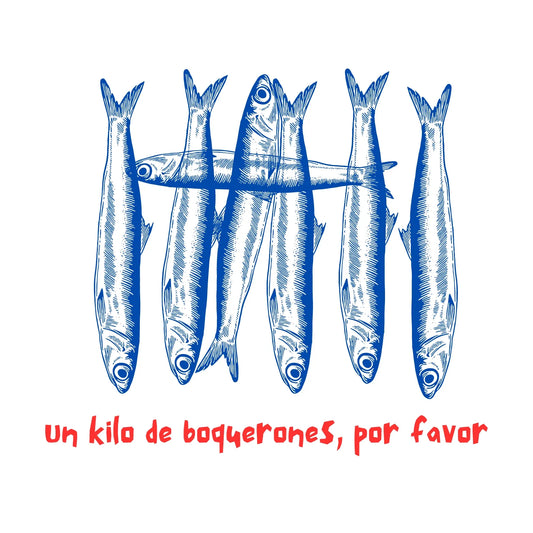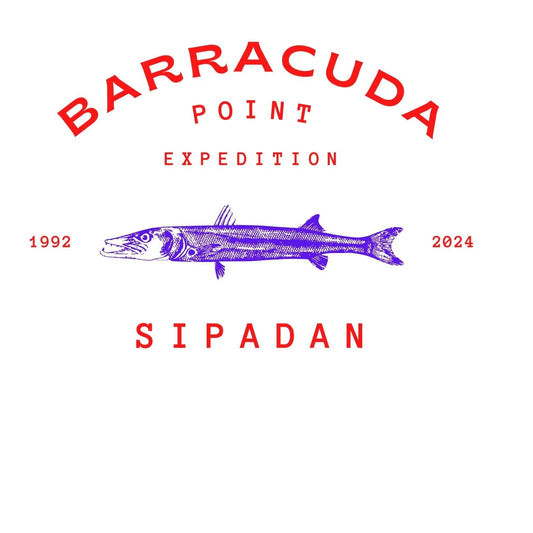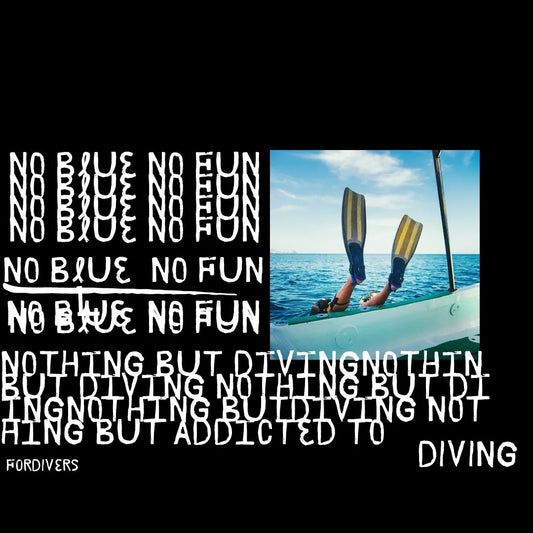Every week there are new proposals against shark finning, petitions, complaints, our Facebook wall is full of pictures of mutilated sharks..... Those of us who love the sea and have some contact with it know the disaster that the gradual disappearance of sharks will bring and we curse the stupid fashion of shark soup. The short term rules and we are unable to see beyond the money we will have in our pockets next month.
Shark Lovers T-Shirts
VIEW MORE SHARK T-SHIRTS
Poor fishermen who throw a longline into the sea make quick and easy money. The Spanish Mediterranean fleet, for example, earns millions of euros with 40 kilometers of longlines and more than 2,000 hooks. The ignorant politician gives in to the pressure of the fishing industry and understands no other language than money and 4 years in office. Regardless of the value of sharks to the ecosystem, he is indifferent to the damage their disappearance will do to the food chain in the long run. The dead shark generates millions and will continue to be killed as long as it makes a quick buck.
What if it were proven that a live shark "generates" far more money than a dead one? The Pew Environment Group conducted a study of sharks in Palau, a small state of 300 coral islands off the Philippines, to show the value of a live shark to a country's economy and local communities. The results speak the same language as those who prey on the sea:
- The shark diving industry attracts 8,600 tourists each year, approximately 21% of all divers traveling to Palau.
- The value of sharks to Palau's economy has been estimated at $18 million per year, or 8% of Palau's gross domestic product.
- Each reef shark "brings" $179,000 to Palau and "generates" $1.9 million for the tourism industry over its lifetime.
- Annual wages paid by the shark diving industry to the local community are estimated at $1.2 million.
- Annual income tax generated by shark diving is estimated at $1.5 million, or 14% of Palau's total tax revenue.
- Tax revenue from shark diving is approximately 24 times greater than that of the fishing industry.
- If 100 sharks interacting with the tourism industry were caught, Palau would receive a maximum of $10,800, which is 0.00006% of the value of what those sharks would generate from diving tourism over their lifetime.
This type of study were also developed in Spain between the University of La Laguna and the NEF (New Economic Foundation). This study, not as exhaustive as the one carried out in Palau, confirms that shark and ray diving tourism generates more than 17 million euros per year for the economy of the Canary Islands [download PDF executive report, 170 kb]. What if a shark and ray sanctuary were created in the Canary Islands, as has been discussed recently? How many tourists would go to the Canary Islands, in addition to the Azores, to dive with sharks? How much could these 17 million be multiplied with a stable shark tourism?
This is what Pelagic Life has set out to do by bringing them to the Baja California Peninsula, Mexico, and demonstrating to the local communities that a live shark is more valuable than the fins of a dead one. This organization buys and releases live sharks hooked by fishermen and also educates those fishermen on the economic benefits of a live shark.
If the shark fishermen could use their experience, knowledge of the sea and the areas where sharks are found for ecotourism, their current and future income would be much higher. Hotels, restaurants, and shops of all kinds would receive customers with high purchasing power, willing to leave much more money than the fisherman receives with a dead shark. And the government, as we have seen in the case of Palau, would get more revenue. And more importantly than fast or slow dollars, the ocean would be healthier and more balanced.
Here is a series of videos of Pelagic Life activists playing with sharks, mostly makos and blue sharks.
The Call of the Shark | Pelagic Life
Shark Diaries 10 | Pelagic Life

